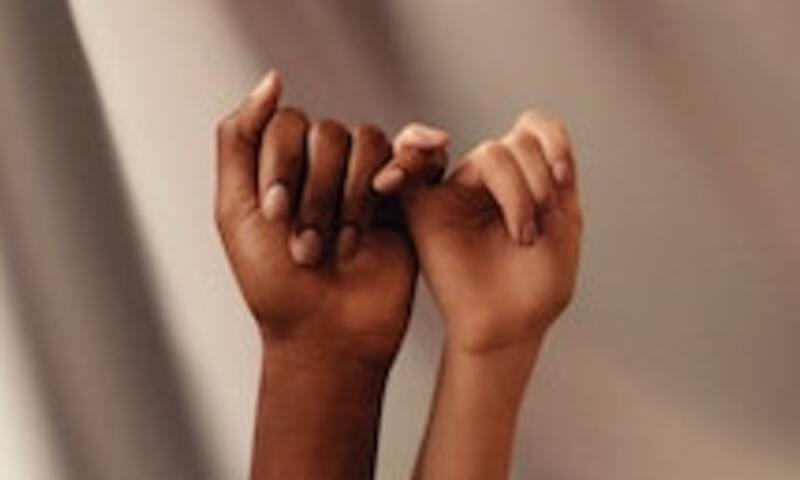Most of the time when we think of “bad” relationships, we imagine a romantic, not a platonic relationship. Images of physical abuse, manipulative behaviors, and characters from our favorite TV shows flood our minds.
But what about the bad friendships that we have? The friend that peers pressures you into doing something. The friend that talks behind your back. The friend that never wanted to know what was really going on with your life and only talked about themselves. Bad relationships are not exclusive to romantic relationships but can happen with work friends, supervisors, close friends, etc. I would like to share some lessons that I learned from unhealthy friendships.
1. You shouldn’t cast your own fears from past friendships onto new friendships.
In the past, I had friends who were so nice, and felt like our bond was pretty inseparable. The next day, they dropped me as a friend or started bullying me. Afterward, when I made new friends, I tended to doubt myself and believed they would one day leave as past friends had done. But I wasn’t giving my new friends the chance to show me their true colors.
If you’ve been hurt, it can be hard to accept that someone won’t hurt you but trust that you choose the right friends. When someone leaves you, it can feel like it's your fault that they left you. In most cases, it's not your fault. It can be life or something they're going through. Even if they leave you, it's not necessarily your fault and you can't blame yourself. You will continue to put yourself through a never-ending loop.
2. Whatever energy you put in the relationship is what you get out of it.
In past friendships, I would get hurt when my friends didn’t reach out to me to hang out or didn’t check in on me. Yes, this feeling doesn’t completely go away but I have come to realize the truth behind it. A friendship involves two people. I can reach out to hang out, just as much as they can. I can check in on my friend. I don’t have to wait for my friends to do those things. I am able to initiate it.
You have to put in the same amount of energy you want to receive from others. And, they have to reciprocate those feelings. We are flawed humans and we won’t always be perfect in how we handle our friendships. As long as we put in our best effort, we know that we have tried our best, and it is up to the other person to help keep the friendship going.
3. It is okay to set boundaries. Boundaries matter because it creates a balance between each person in the relationship.
As a people pleaser, I struggle to set boundaries in every aspect of my life. I have learned that setting boundaries is a good thing to do in every relationship. Some people made me feel like I was being a bad friend, made me feel like I'm not feeling what I'm feeling, or made me feel small in the relationship for setting boundaries.
You should set boundaries no matter how small someone makes you feel. Setting boundaries helps both people feel safe and not drained of energy. Setting boundaries can be saying no to a favor someone asks, saying no to hanging out, saying no to physical touch, and much more!
4. It is okay to be alone for a season.
A lot of time I would stay friends with people because of how long we were friends and because I was afraid to be alone. However, if you stay in a relationship that is hurting you, it will only make you feel worse whether that is emotionally or mentally. It is much better to be alone than to stay in draining relationships.
Even though my friendships didn’t end the way I wanted them to, I’m grateful for the memories & lessons that I learned from them. God teaches us that friendship is important and we are called to love and respect everyone no matter what happens in the past.
 Biola University
Biola University




